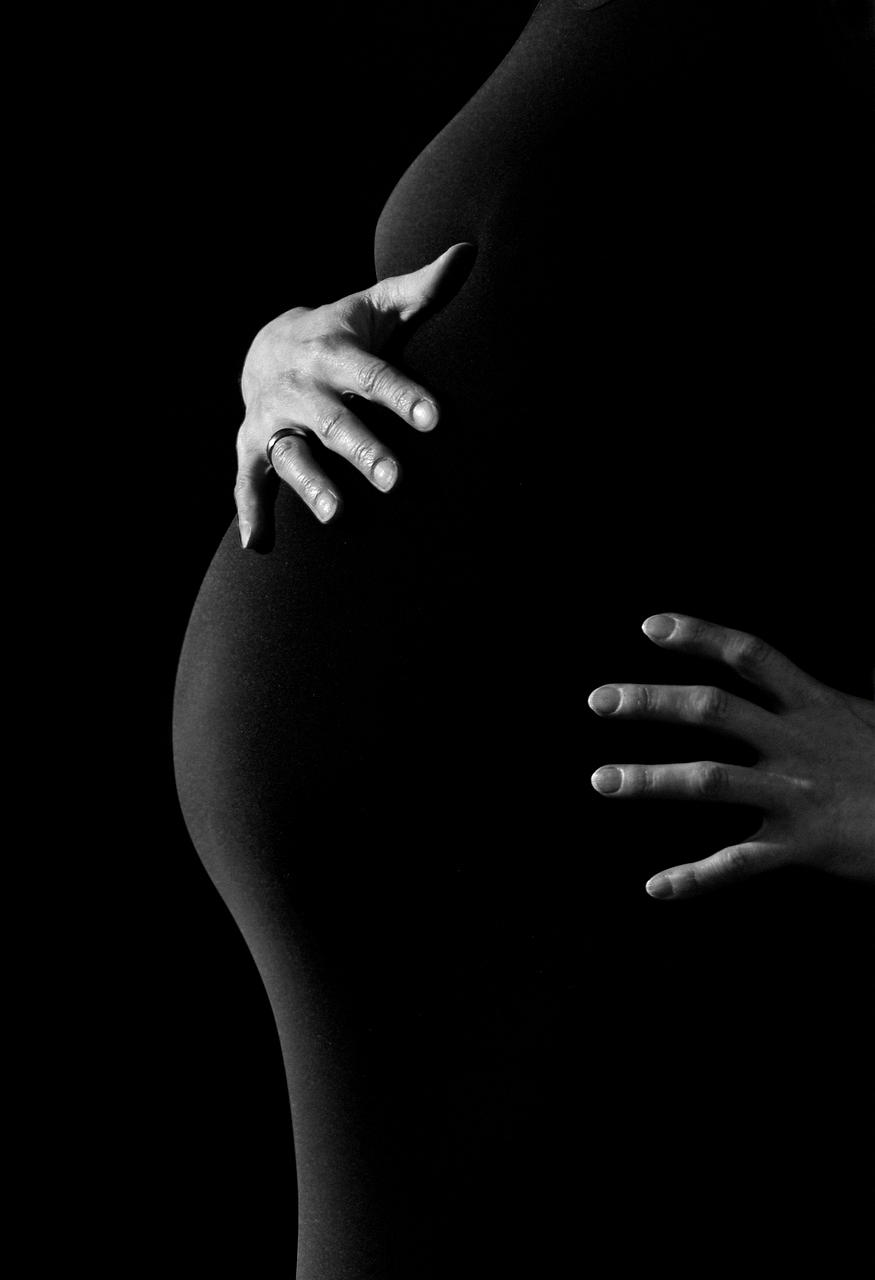While missing your period, feeling tired, and experiencing morning sickness are common signs of pregnancy, there are also some lesser-known symptoms that can indicate a pregnancy. In some cases, individuals may not immediately recognize these uncommon signs, leading to confusion or uncertainty about their condition. It’s essential to be aware of these less typical symptoms to help identify a potential pregnancy early on.
1. Increased Heart Rate
One uncommon symptom of pregnancy is an increased heart rate. Some expectant mothers may notice that their heart rate is elevated, even during periods of rest or low activity. This change can be attributed to hormonal fluctuations and increased blood flow that occurs during pregnancy.
2. Changes in Taste or Smell
Pregnancy hormones can also impact a woman’s sense of taste and smell. Some individuals may find that certain foods taste different or that they are more sensitive to odors than usual. These changes in taste and smell sensitivity can be early indicators of pregnancy.
3. Skin Changes
Another uncommon symptom of pregnancy is changes in the skin. Some pregnant individuals may experience acne breakouts, skin darkening (hyperpigmentation), or the appearance of a linea nigra (a dark line that runs vertically along the abdomen). These skin changes are caused by hormonal shifts during pregnancy.
4. Mood Swings
Pregnancy hormones can also affect a woman’s mood, leading to emotional ups and downs. Some expectant mothers may experience mood swings or heightened emotions during early pregnancy. It’s essential to recognize these changes and seek support if needed.
5. Dizziness or Lightheadedness
Feeling dizzy or lightheaded can be an uncommon symptom of pregnancy. Changes in blood pressure and circulation, as well as hormonal fluctuations, can contribute to feelings of dizziness in some pregnant individuals. It’s important to take precautions and stay hydrated.
6. Changes in Libido
Some women may experience changes in their libido during pregnancy. While some individuals may have an increased sex drive, others may notice a decrease in sexual desire. These fluctuations in libido can be due to hormonal changes and emotional factors related to pregnancy.
7. Frequent Urination
While frequent urination is a common symptom of pregnancy, some individuals may experience this more pronounced than others. The growing uterus puts pressure on the bladder, leading to increased frequency of urination. It’s essential to stay hydrated and empty the bladder regularly.
8. Headaches
Headaches can be an uncommon symptom of pregnancy for some women. Hormonal changes, stress, dehydration, or changes in blood sugar levels can contribute to headaches during pregnancy. Managing stress, staying hydrated, and getting enough rest can help alleviate headaches.
9. Constipation
Constipation is another less common symptom of pregnancy that some individuals may experience. Hormonal changes and the pressure of the expanding uterus on the digestive system can lead to constipation. Eating a high-fiber diet, staying active, and drinking plenty of water can help alleviate this symptom.
10. Nasal Congestion
Some pregnant women may experience nasal congestion or “pregnancy rhinitis.” Hormonal changes can cause the nasal passages to swell, leading to congestion and difficulty breathing through the nose. Using a humidifier, staying hydrated, and avoiding irritants can help manage nasal congestion.
11. Excessive Salivation
Excessive salivation, known as “ptyalism,” can be an uncommon symptom of pregnancy. Some expectant mothers may produce more saliva than usual, which can be bothersome or uncomfortable. While the exact cause is not fully understood, hormonal changes may play a role in this symptom.
12. Hair Changes
Changes in hair texture or growth can also be a less common symptom of pregnancy. Some women may notice that their hair becomes thicker or more lustrous during pregnancy, while others may experience changes in hair texture or even hair loss. These changes are again attributed to hormonal fluctuations.

